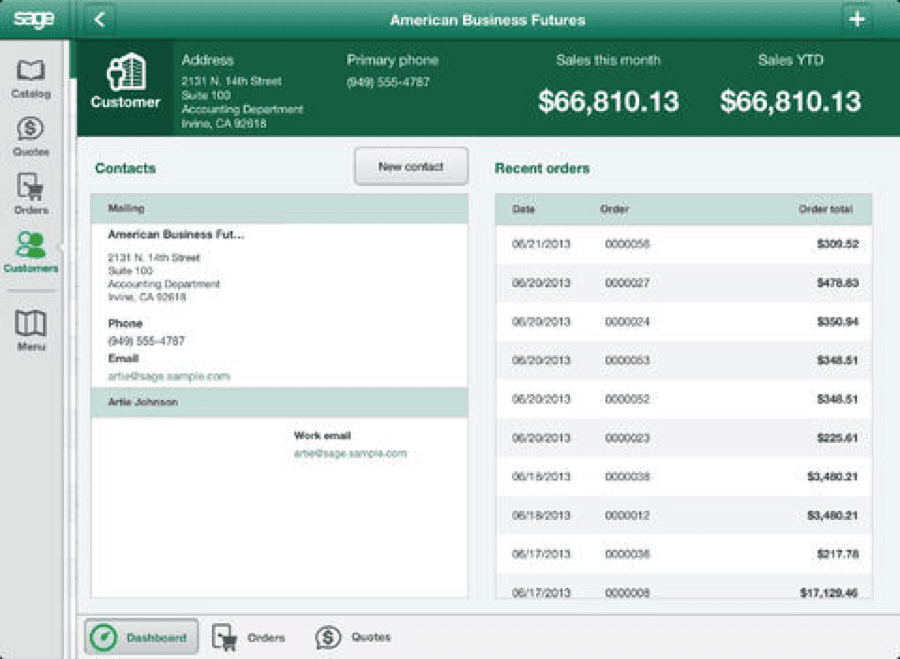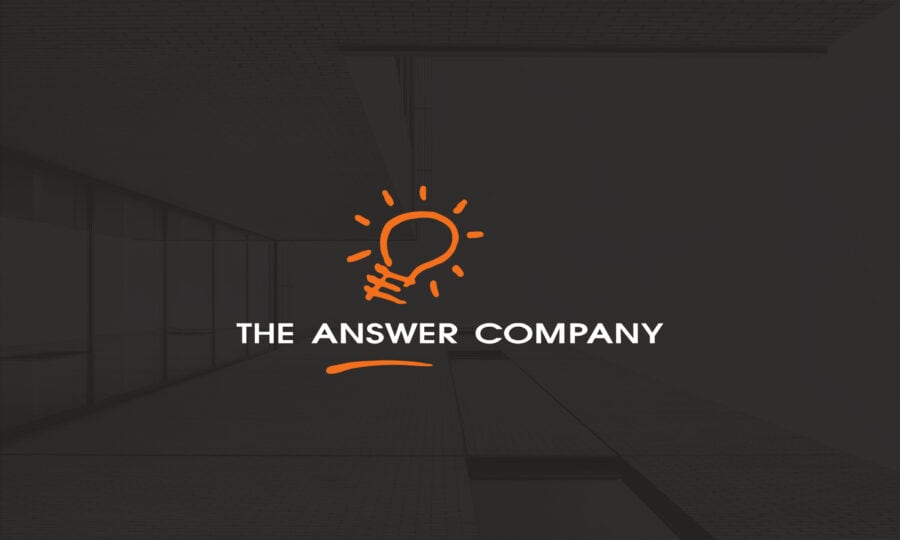What Mobile ERP Options are Available for the Small and Medium Enterprise
The name of the game for SMBs is still flexibility and customer service. Technology, such as ERP systems, plays an important role in providing the reach and service quality that customers have come to expect from businesses they interact with. The same can be said for Mobile ERP, which enables businesses to access their database of information on the go and deliver better-tailored services, all while collecting interaction information at the point of contact.
A few years ago, such technology was either unavailable or a luxury of large enterprises with deep pockets and custom-built systems. Thankfully that is no longer the case. We are finding that more and more organizations are becoming comfortable and savvy with the cloud, expecting in-depth and real-time analytics, and enabling mobile access to ERP for employees.
Usability and Accessibility to an ERP System Improves User Engagement
If you make something easier to use and people will use it more. Therefore, usability and accessibility to an ERP system improves user engagement, which is a dominant factor for ERP system ROI.
 |
| Screen grab of the Sage Mobile Sales app offering related products. |
Mobile ERP not only provides a set of useful tools for employees on the go, but it does so through a medium and device they’ve become accustomed to using on a daily basis – their smart phones and tablets. Our mobile devices are already a dominant part of our lives, professionally and personally, and mobile ERP provides access to information in a business’ systems in a familiar and user-friendly way.
A sales person using the Sage Mobile Sales app, can easily access and review the catalogue of products with the customers on an iPad or smart phone, also showing automatically generated related items. This ensures that cross selling opportunities are being acted upon and all options are made available. With Sage Mobile Services, they can accurately note time spent, parts used, and follow-up required, as these activities happen.
It’s worth noting that ERP systems are robust information systems, complex in nature, which cover all areas of a company’s operations and information. However, not all areas of a business require mobile access, and not all information is needed by users on the go. To meet the specific needs of employees that access ERP on their mobile devices, ERP providers tend to develop mobile apps based on specific ERP modules.
Mobile ERP Apps are Simple and Easy-to-use
The more common apps developed for mobile ERP are sales, orders, billing, payments, and services management apps, as these are closely associated with the activities of job roles of employees on the road. Mobile apps, in general, are largely characterized by their simplicity and ease-of-use.
For example, with Sage Mobile Sales app, users can view and edit customer information on an iPad or smart phone, ensuring that the information is up-to-date and the person closest to the customer does the updating. With Sage Mobile Sales, it’s easy for users to record official customer sign-off on work performed, eliminating disputes and ensuring compliance.
 |
| Sales dashboard showing customer info on iPad, Sage Mobile Sales app. |
When separated into specific roles and ERP modules, these apps become simple and useful tools that support specific business processes, as shown in the image above of a screenshot of Sage Mobiles Sales app.
Access to Important Information and Tracking Actions with Mobile ERP
Data entry at the point of activity/contact with customers is a big step for SMBs, which are more and more commonly investing in business intelligence and reporting systems within their ERP. It makes sense that an employee delivering services on the road should be able to update, in real-time, what parts may be needed from inventory, provide an invoice for services, update the customer account (should the customer follow up with a quick call to customer service), and process required payments immediately.
With Sage Mobile Sales, sales people can check the product availability and confidently commit to fulfilling orders, without having to contact anyone or return to the office to access the system. Until recently this type of service and level of customer service, along with its impact in customer satisfaction, was not available to SMBs, because of the high costs. With costs lowering across the board, employees on the go now have access to a lot of information that allows them to provide better service, like sales employees looking up past sales, preferences, previous agreements, credit status, and so on.
   |
| Work orders and invoicing screens for Sage Mobile Services on a smart phone. |
If you think of an ERP system as the structure from which a business’ information flows, then mobile ERP ensures that the flow in and out of information is happening where it matters: during contact with customers.
Sage has recently launched several mobile apps that work seamlessly with their ERP solutions, like Sage ERP X3, Sage 100 ERP, Sage 300 ERP, and Sage 500 ERP. They are deployed through the Sage Data Cloud, where customers can find and access additional modules for their ERP systems. Mobile apps for all ERPs include Sage Mobile Sales, Sage Mobile Services, and Sage Mobile Payments. In addition, Sage ERP X3 has its own suite of mobile apps for users.
As flexibility and mobility increase in the work place, it will be interesting to see how SMBs improve their use of technology to take advantage of the cloud, analytics, mobile, and social technology. To learn more, download the “ERP in the Age of Mobility” White Paper.
